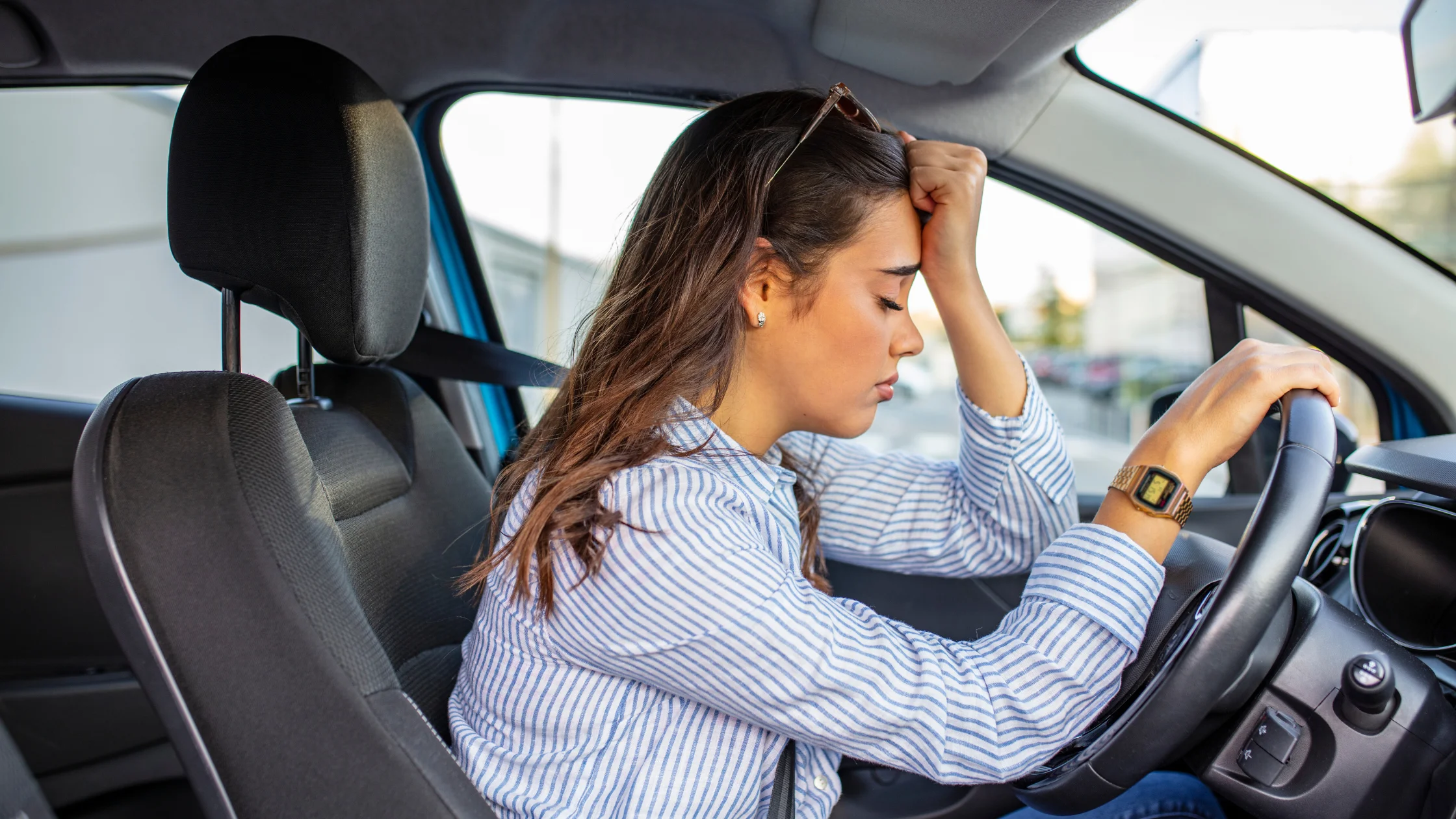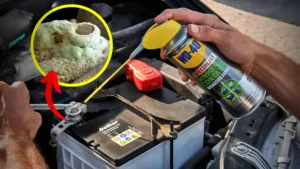Experiencing a dead battery while driving can be a perplexing and stressful situation. Many drivers assume that a car battery cannot die while the vehicle is in motion, but this is a misconception. Understanding the reasons behind this phenomenon and knowing what to do can help you stay safe and get back on the road quickly. In this article, we will explore why a car battery might die while driving, how to diagnose the problem, and what steps to take to prevent it.
Why Can a Car Battery Die While Driving?
- Faulty Alternator
The alternator is responsible for charging the battery and powering the electrical systems while the engine is running. If the alternator fails, the battery will no longer receive a charge and can quickly become depleted. Signs of a failing alternator include dimming headlights, flickering dashboard lights, and unusual noises from the engine bay.
- Loose or Damaged Connections
Loose or corroded battery connections can prevent the battery from receiving a proper charge from the alternator. Regularly inspecting and cleaning the battery terminals can prevent this issue.
- Electrical System Issues
A short circuit or a malfunctioning electrical component can drain the battery even while driving. Faulty wiring, a defective voltage regulator, or an accessory that draws excessive power can all contribute to this problem.
- Old or Weak Battery
If your battery is nearing the end of its lifespan, it may not hold a charge as effectively. An old or weak battery can die more quickly, especially if the alternator is not functioning optimally.
Diagnosing a Dead Battery While Driving
- Warning Lights
Most modern vehicles have a battery warning light on the dashboard. If this light comes on while driving, it indicates an issue with the charging system, often related to the alternator or battery.
- Electrical Malfunctions
If you notice that electrical components such as lights, radio, or power windows start to malfunction or operate erratically, it could be a sign that the battery is dying.
- Engine Stalling
A failing battery can lead to engine stalling, as the electrical system is crucial for engine operation. If the engine starts to sputter or stall, pull over safely and address the issue.
What to Do If Your Battery Dies While Driving
- Pull Over Safely
If you suspect your battery is dying, find a safe place to pull over. Turn on your hazard lights to alert other drivers.
- Check Connections
Inspect the battery terminals for any loose or corroded connections. Tighten or clean them if necessary to ensure a good connection.
- Call for Assistance
If you cannot resolve the issue on your own, call for roadside assistance. A professional can diagnose the problem and provide a jump-start or tow if needed.
Preventing Battery Failure While Driving
- Regular Maintenance
Regularly inspect your battery and charging system. Check for signs of wear, corrosion, or damage and address any issues promptly.
- Monitor Battery Health
Many auto parts stores offer free battery testing services. Take advantage of these services to ensure your battery is in good condition.
- Replace Old Batteries
Batteries typically last between 3 to 5 years. If your battery is older, consider replacing it proactively to avoid unexpected failures.
Also Read: Can You Put A Bigger Battery in Your Car?
Frequently Asked Questions
Yes, a car battery can die while driving, typically due to a faulty alternator, loose connections, electrical system issues, or an old battery.
Signs include dimming headlights, flickering dashboard lights, unusual noises, and the battery warning light on the dashboard.
It’s a good idea to inspect your battery and charging system every few months, especially before long trips or in extreme weather conditions.
Car batteries typically last between 3 to 5 years, depending on usage and environmental conditions.
Safely pull over, check the battery connections, and call for roadside assistance if needed.
Conclusion
While it may seem surprising, a car battery can indeed die while driving due to various factors. By understanding the causes, diagnosing the symptoms, and taking preventive measures, you can reduce the risk of encountering this issue. Regular maintenance and timely replacement of old batteries are key to ensuring a reliable and safe driving experience.




